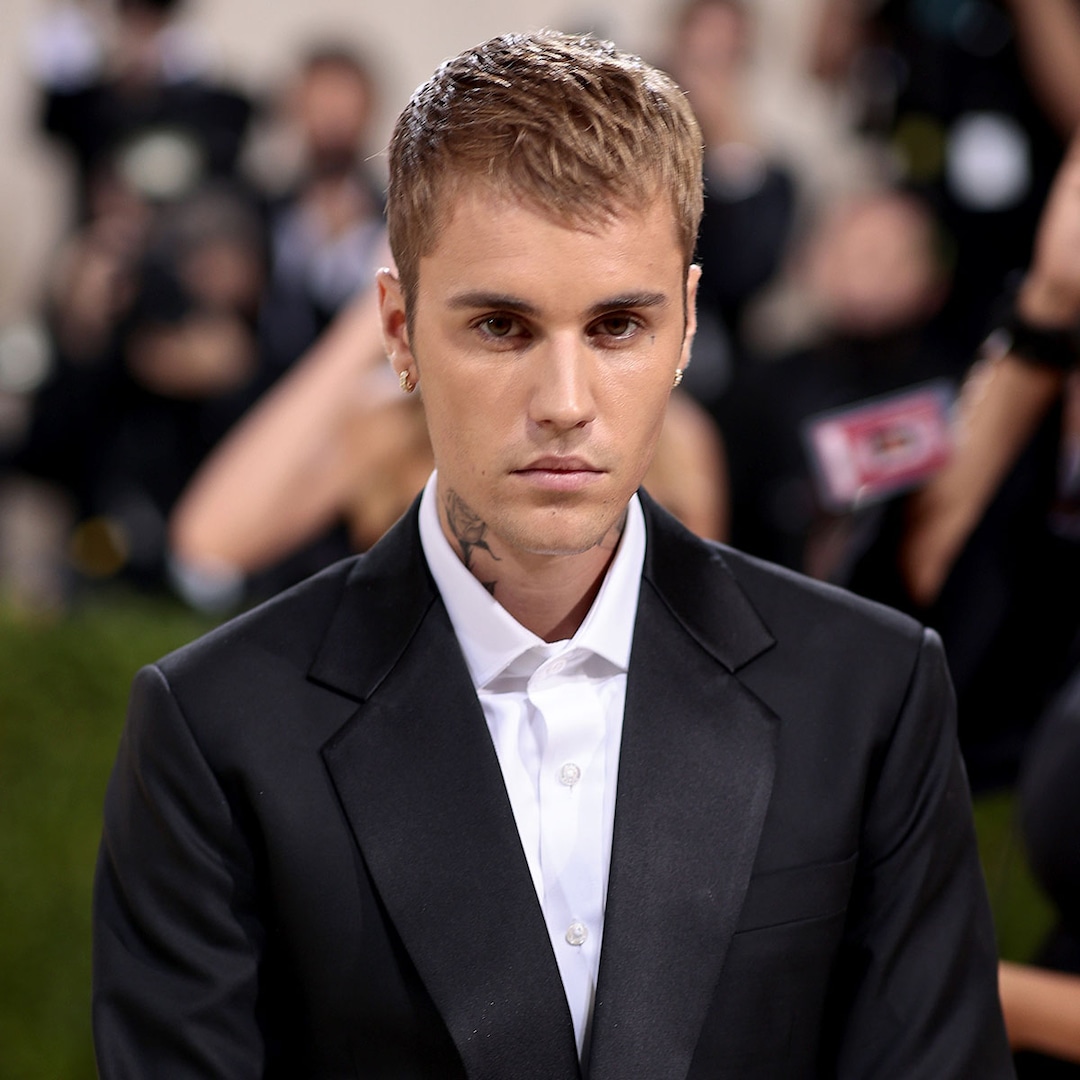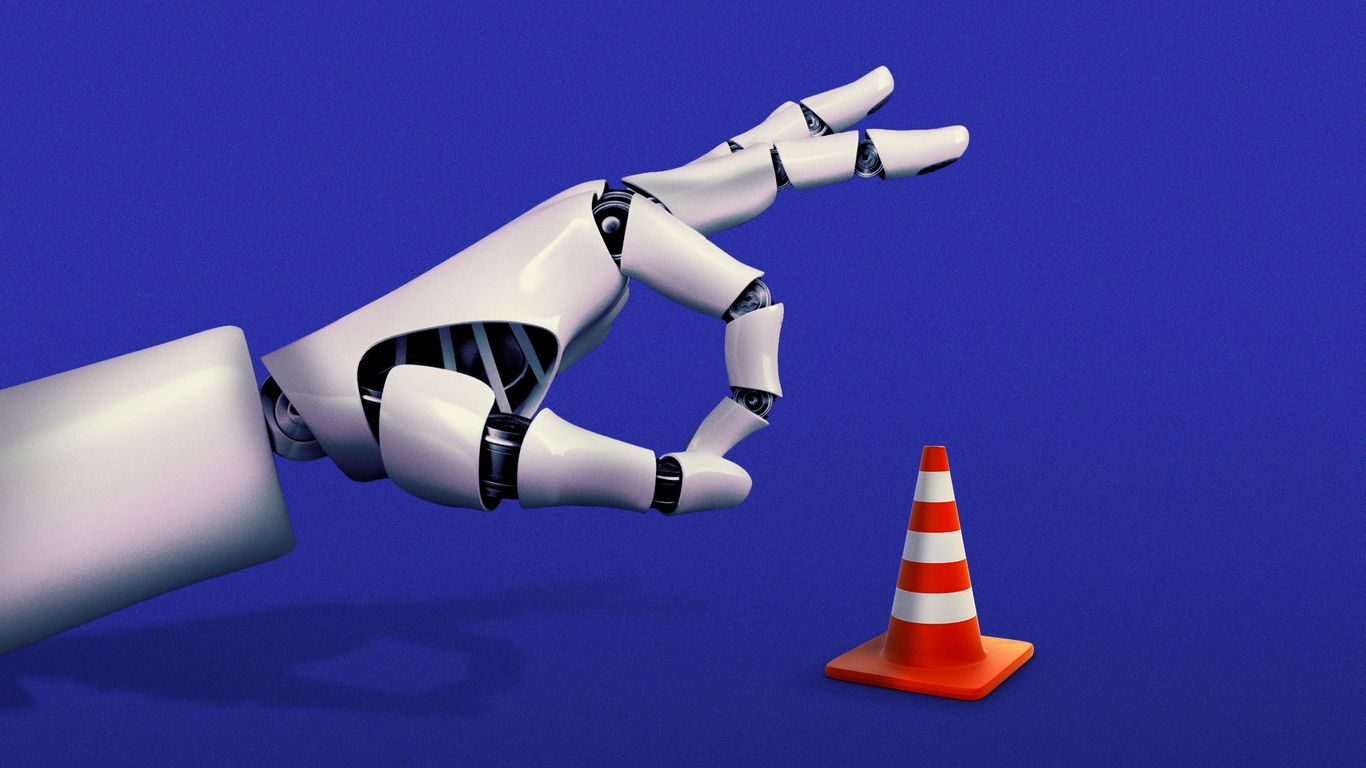Filipina children’s crusader, 3 others to receive Asia’s most prestigious prize
The Ramon Magsaysay Award Foundation will honor the winners at a ceremony in November.

A Filipina pediatrician who advocates for children, a French eco-warrior combating pollution in Indonesia, a Cambodian trauma expert and a Japanese eye doctor will receive the 2022 Ramon Magsaysay Award, Asia’s equivalent of the Nobel Prize, the Manila-based organization that hands out the annual honors announced Wednesday.
This year’s honorees are Dr. Bernadette J. Madrid of the Philippines, Frenchman Gary Bencheghib, Sotheara Chhim, a psychiatrist and mental health advocate from Cambodia, and Tadashi Hattori, an ophthalmologist and humanitarian from Japan, the Ramon Magsaysay Award Foundation said in a Zoom call. The four are expected to attend an awards ceremony in Manila on Nov. 30.
Established in 1958 and named after the Philippines’ seventh president who died in a plane crash a year earlier, the award is considered Asia’s most prestigious prize. It honors people across the region who have done groundbreaking work in their fields.
“We are elated to share that our proud Asian tradition of celebrating greatness of spirit through the Ramon Magsaysay Award continues. This year’s roster of Magsaysay awardees have all challenged the invisible societal lines that cause separation and have drawn innovative and inspiring ones that build connections,” Aurelio R. Montinola III, the foundation’s chairman, said in a statement.
Madrid, 64, is being recognized for her work in advocating child protection that is admired throughout Asia, the foundation said.
During a post-residency fellowship in New York, she was exposed to work dealing with child abuse. Shortly after she returned to her native Philippines, Madrid set up the Child Abuse Program at the Philippine General Hospital (PGH) in Manila, the country’s largest public hospital, but the program was short-lived because of lack of support.
She left the hospital but was asked to return to Manila in 1996 to head its emergency unit for children.
Madrid soon assumed leadership of the PGH Child Protection Unit, the first of its kind in the country. The unit provides a coordinated program of medical, legal, social and mental health services for abused children and their families, according to the foundation’s profile of Madrid. As of 2021, it served 27,639 children.
This in turn led to the establishment of the Network of Women and Child Protection Units in the Philippines. These consist of 123 WCPU centers in 61 provinces and 10 cities involving more than 230 physicians, nearly 200 social workers and 85 police officers to assist children.
“I feel I was prepared to do this work. I was given the talent to do this and it has developed as I worked. That’s why I’m happy. It has become, for me, work that is God’s work,” she said.
The foundation credited Madrid with establishing “the best medical system for abused children in Southeast Asia.”
“We are honoring her for her admirable commitment in championing the rights of the most vulnerable and for her transformative work in integrating child protection into the health infrastructure in the Philippines,” Montinola said. “She has been at the forefront in providing medical, legal, and psychosocial care to children and women who are victims of abuse.”

Bencheghib, 27, a Frenchman based in Indonesia, is an anti-pollution activist whose work, the foundation said, inspired all to reimagine the environmental impact of pollution in Southeast Asia’s largest and most populous country.
The foundation is honoring Bencheghib for raising public awareness of the environment particularly among the young and through documentary filmmaking. It noted that he had produced more than a 100 videos on plastic pollution and environmental protection posted on YouTube, Facebook and other platforms.
In 2017, Bencheghib and his team kayaked and filmed an expedition on the Citarum River in West Java, dramatizing the state of what was called “the world’s most polluted river.”
The documentary, which comprised nine videos, generated wide public interest and caught the attention of President Joko “Jokowi” Widodo as the Indonesian government embarked on a seven-year Citarum River rehabilitation program.
The foundation said it was recognizing Bencheghib for “his inspiring fight against marine plastic pollution, an issue at once intensely local as well as global; his youthful energies in combining nature, adventure, video and technology as weapons for social advocacy; and his creative, risk-taking passion that is truly a shining example for the youth and the world.”

Khmer Rouge survivor
Cambodia’s Sotheara, 54, was a child when the Khmer Rouge gained power in 1975. The Cambodian communists then systematically forced people into slave labor and reeducation in tightly controlled camps. The Khmer Rouge’s brutal rule through 1979 killed an estimated 1.7 million.
Later, Sotheara graduated from Phnom Penh’s University of Health and Sciences, becoming one of his country’s first psychiatrists to graduate after 1979.
The foundation noted that mental health was a major issue as about 40 percent of Cambodia’s citizens suffered from mental issues and trauma. Yet mental health services still are severely lacking today – the country of about 15 million has only two psychiatric inpatient units with a total of 14 beds.
Sotheara serves as executive director of Cambodia’s Transcultural Psychosocial Organization, which began as a branch of Netherlands-based TPO International before becoming an independent organization in 2000. It is considered the biggest non-governmental organization providing mental health care and psychological support in Cambodia.
He developed the Cambodian concept of “baksbat” or broken courage – a post-traumatic state of fear, passivity, and avoidance, which is deemed more nuanced and appropriate to the Cambodian experience than post-traumatic stress disorder, the foundation said.
For this, he is being recognized for “his calm courage in surmounting deep trauma to become his people’s healer; his transformative work amidst great need and seemingly insurmountable difficulties and for showing that daily devotion to the best of one’s profession can itself be a form of greatness,” the foundation said.

This year’s fourth Magsaysay honoree, Japanese ophthalmologist Hattori, 58, is being cited for his work in helping people in Vietnam by providing free eye treatment, training Vietnamese doctors and donating equipment and supplies to hospitals.
Described as the embodiment of individual social responsibility, Hattori, is being recognized for “his simple humanity and extraordinary generosity as a person and a professional,” the foundation said.
BenarNews is an RFA-affiliated news service.
This article has been sourced from various publicly available news platforms around the world. All intellectual property rights remain with the original publishers and authors. Unshared News does not claim ownership of the content and provides it solely for informational and educational purposes voluntarily. If you are the rightful owner and believe this content has been used improperly, please contact us for prompt removal or correction.







/cloudfront-us-east-1.images.arcpublishing.com/gray/YSYYKIUMGVGAHNG2RWEWTR7S5U.png)




